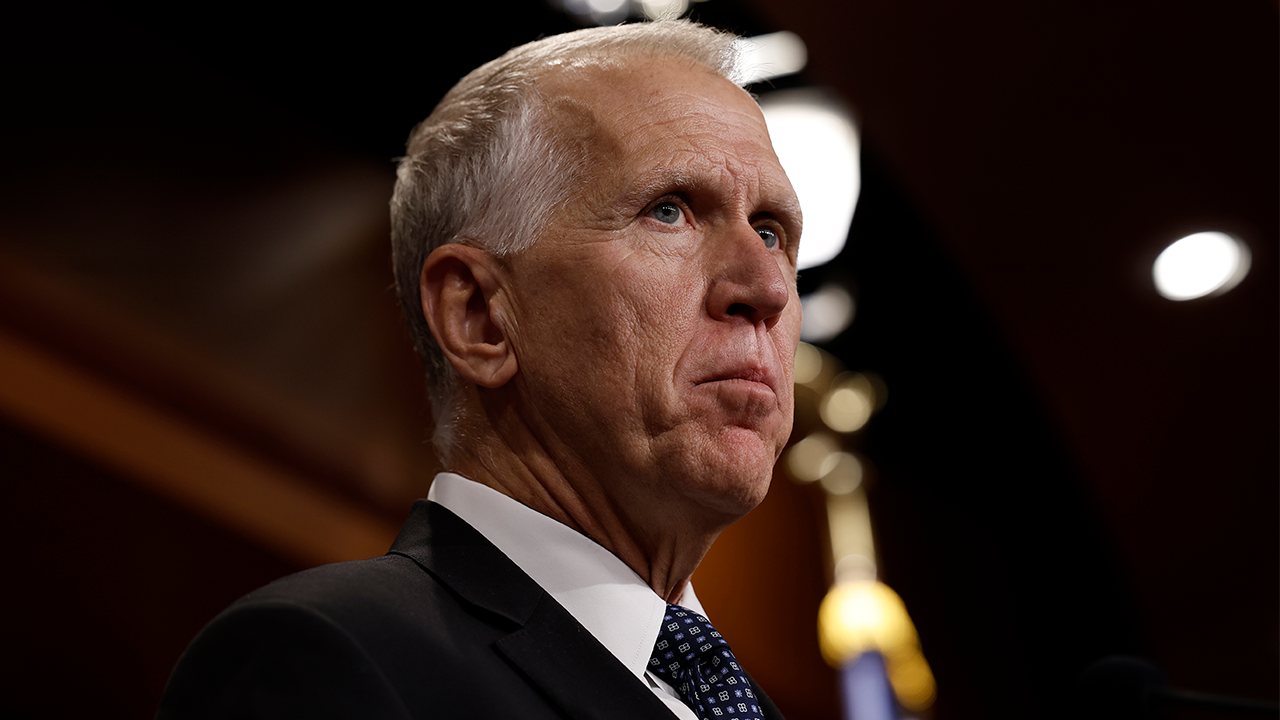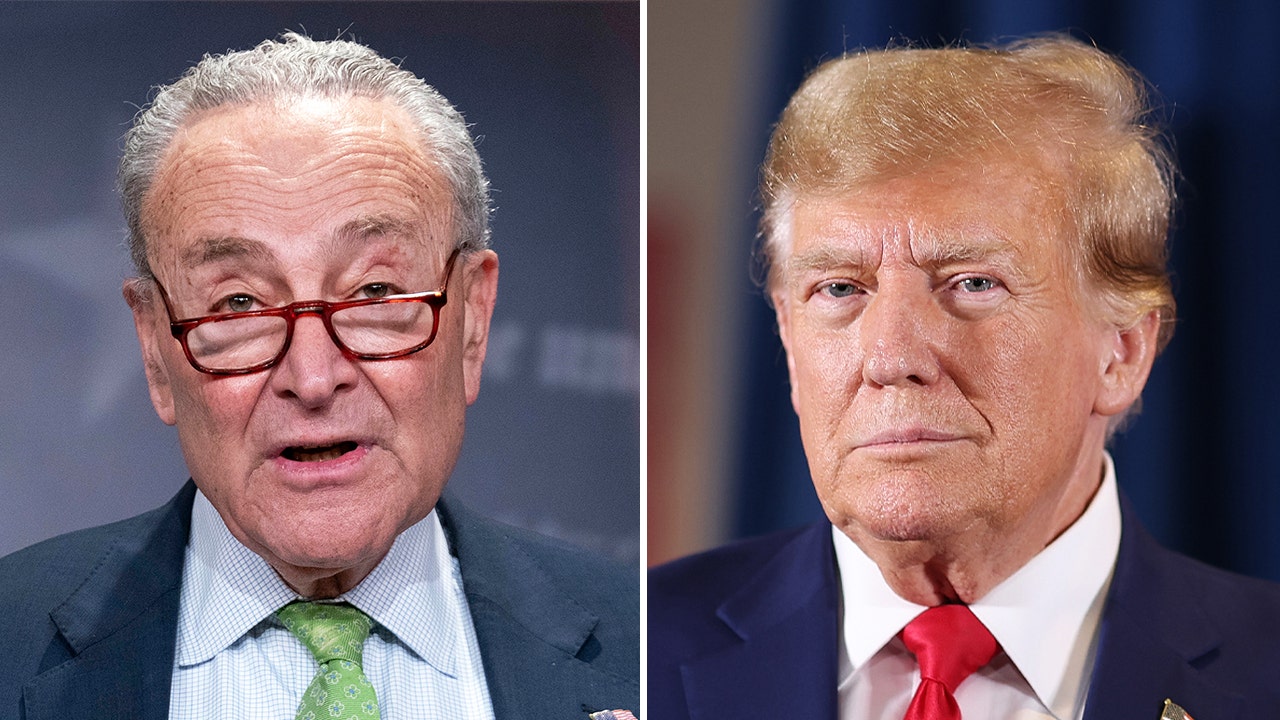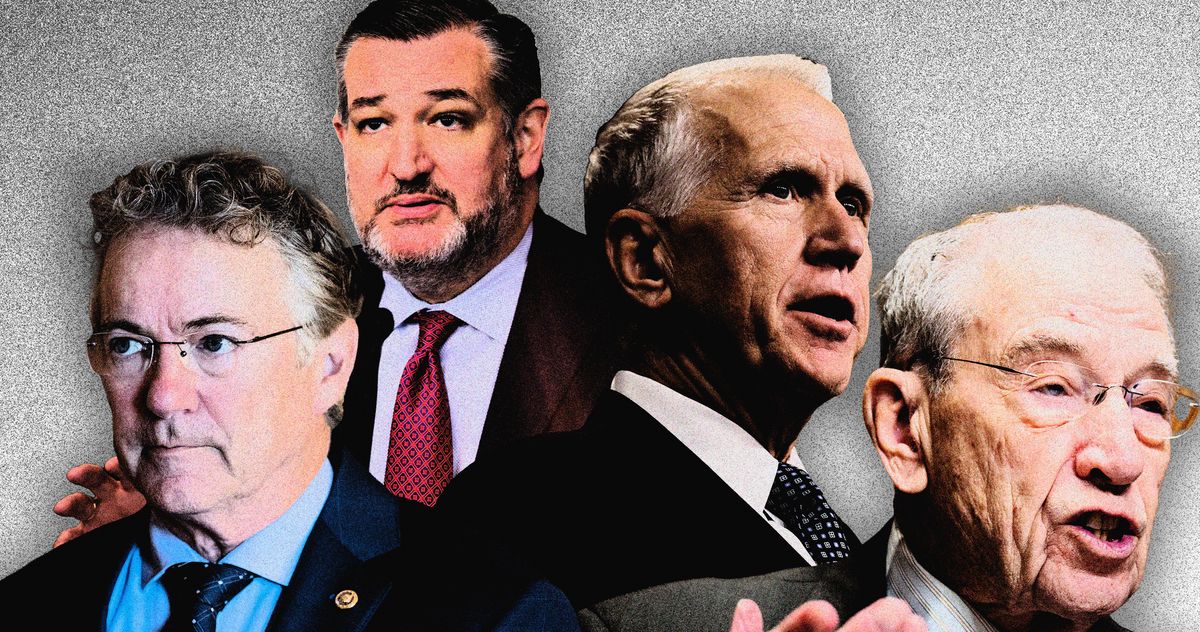Trump Pauses Tariffs Amidst Bipartisan Scrutiny Over Trade Policy
President Trump's tariff pause received mixed reactions from lawmakers, raising questions about trade strategy and emphasizing the impact on the economy.
Subscribe to unlock this story
We really don't like cutting you off, but you've reached your monthly limit. At just $5/month, subscriptions are how we keep this project going. Start your free 7-day trial today!
Get StartedHave an account? Sign in
Overview
During a recent Senate lunch, President Trump announced a 90-day pause on tariffs, which was applauded by GOP senators. However, skepticism remains about this move as trade representative Jamieson Greer faced bipartisan grilling over inconsistent trade strategies and the economic ramifications of prior tariffs. Although some lawmakers appreciate the pause, both parties criticize the overall approach as insufficiently transparent and potentially harmful to American economic stability. Greer confirmed the temporary suspension does not affect the USMCA, and noted that many countries are eager to negotiate trade terms, despite concerns over the administration's handling of tariffs.
Report issue

Read both sides in 5 minutes each day
Analysis
- Some Senate Republicans welcomed President Trump's 90-day pause on tariffs as a way to stabilize markets and promote negotiations with over 70 countries expressing interest in trade discussions.
- Senator Ted Cruz, despite being a skeptic, acknowledged the pause as an appropriate step and emphasized the need for lower tariffs amidst concerns of prolonged uncertainty for businesses.
- While many Republicans supported Trump's continued focus on China, some expressed caution that the pause may not guarantee long-term stability and that clarity is needed for business decisions.
Articles (9)
Center (2)
FAQ
The exact motivation behind President Trump's decision to pause tariffs is unclear, but it seems to be a strategic move possibly influenced by the economic and political backlash following the initial tariff announcement.
Lawmakers from both parties have expressed skepticism about the transparency and effectiveness of the administration's trade policy. While some GOP senators welcomed the pause, others and Democrats criticized the approach as potentially harmful to economic stability.
The U.S. has maintained or increased tariffs on several countries. For example, China now faces a 125% tariff, while countries like Canada and Mexico have existing 25% tariffs with some exemptions. These moves have strained U.S. trade relationships and prompted economic concerns.
Countries like Canada, Mexico, Russia, Belarus, Cuba, and North Korea are exempt from some tariffs. For Canada and Mexico, this is due to existing agreements like the USMCA. Russia is exempt because of existing sanctions, while others already had high tariffs in place[4].
History
- 7M

 6 articles
6 articles








